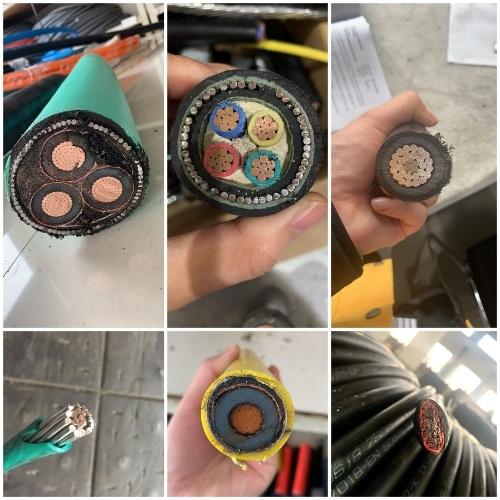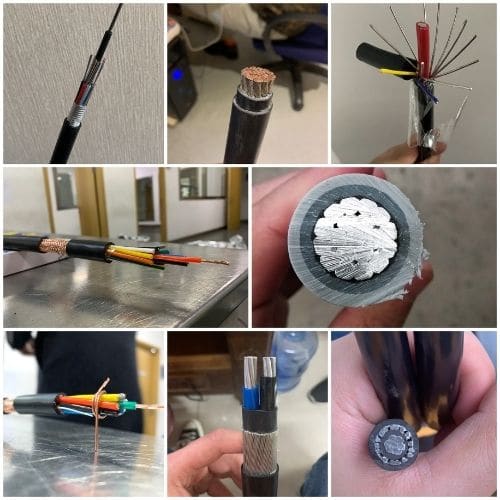- Power Cables
- Overhead/aerial Cable
- Instrumentation Cable & Control Cable
- Bare Conductor & Earthing Material
- Electric Cable
- Solar Plant Cable

Power Cables : The aim of an electric cable is to carry electrical energy from one location to another. Cables can be configured in a variety of ways depending on their final application, always according to national and international requirements. Our products complying with different standards like AS/NZS 5000.1; AS/NZS 1125; AS 1222; AS/NZS 1429; AS/NZS 1660; AS 1746; AS/NZS 4026. Industries we served Generation, Transmission, Distribution, and Transformation.



All electrical cables are flexible enough to be wound on reels, drums, or hand coils and transported to installation sites. Because it directly impacts the minimum bending radius, flexibility is a significant component in establishing the optimum stranding class for the cable. Stranding class A, B, or C power cables are commonly used. These lessons allow the cable to be trained into a final installed position where it will not be disturbed in any way. Class A, B, and C cables are more durable and cost less. For primary and secondary voltage applications, power companies usually order Class B stranded wire. When flexibility is not a need but low cost and water blocking are, a solid conductor medium voltage cable can be used.
Please submit your inquiry Submit Inquiry and download a copy of the product flyer by clicking Bare Conductor, Electric Cable, Overhead Aerial Cables, Power Cables, Solar Plant Cable